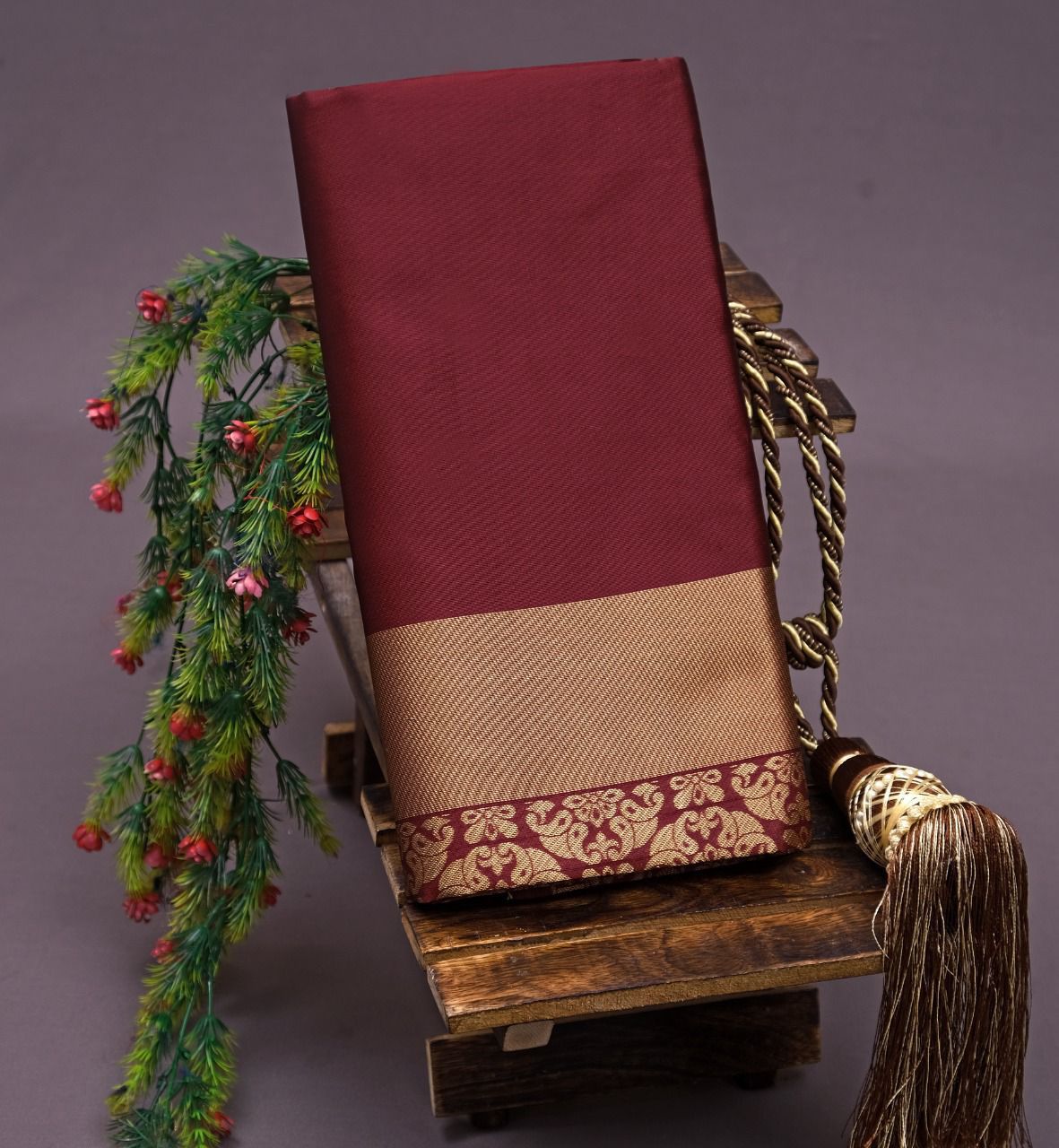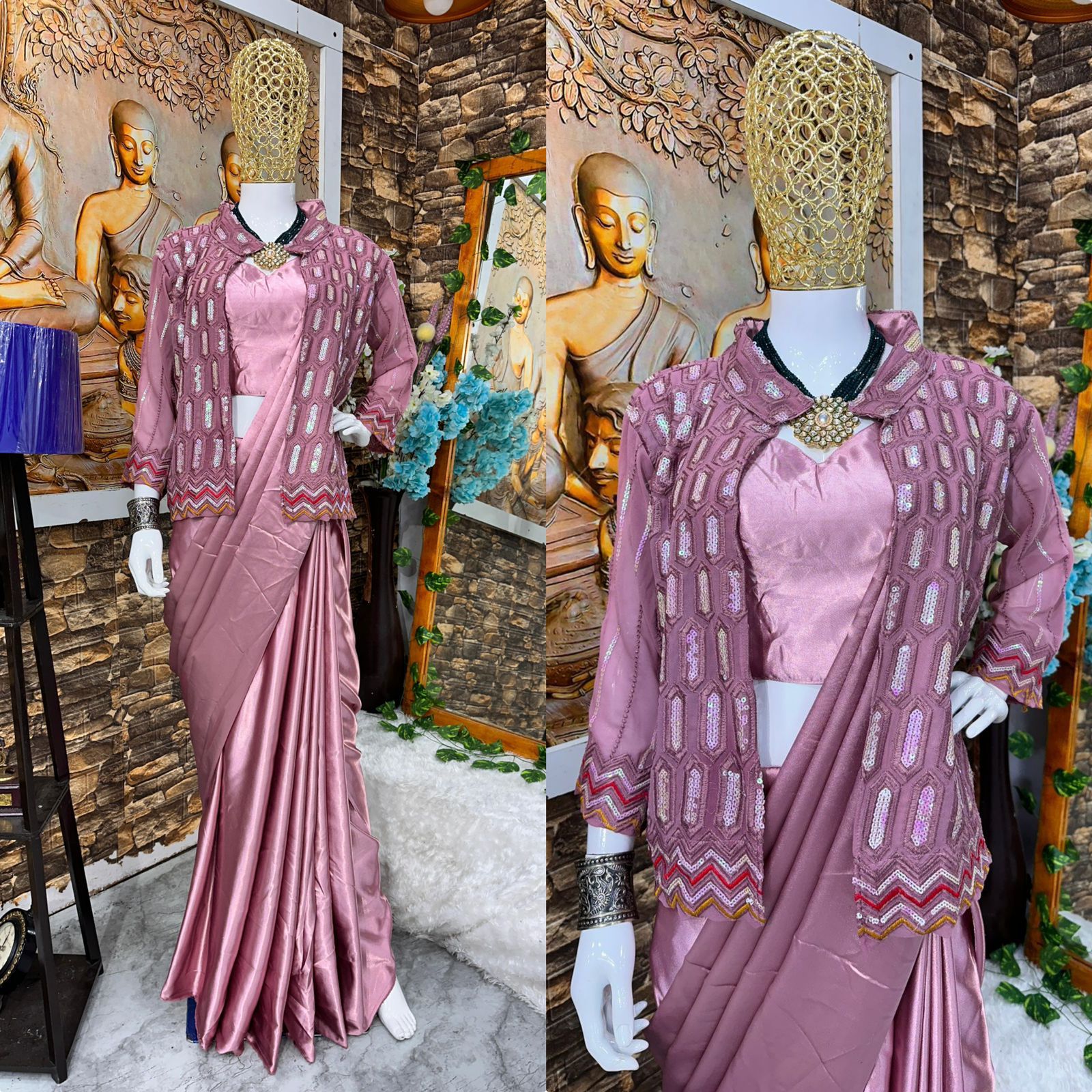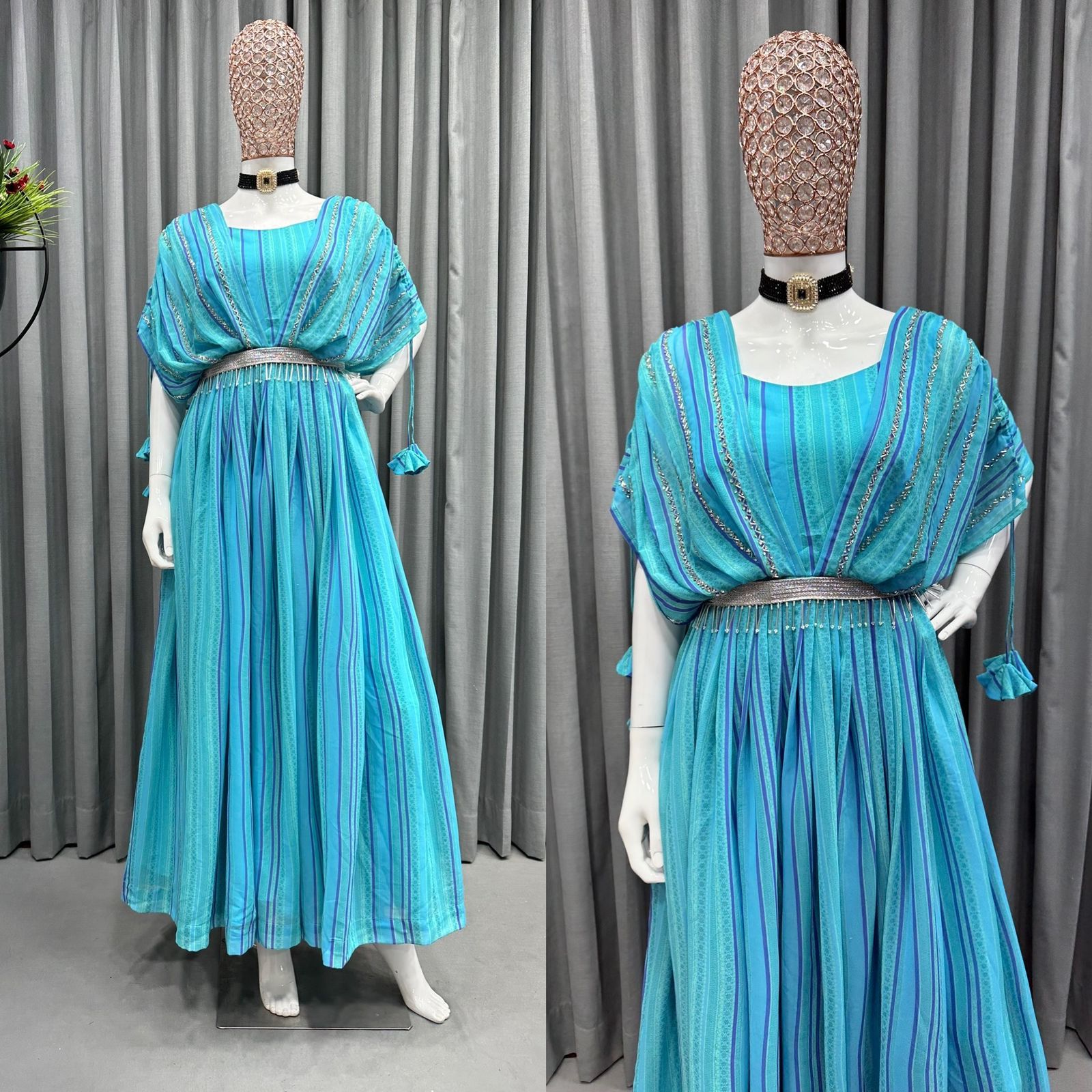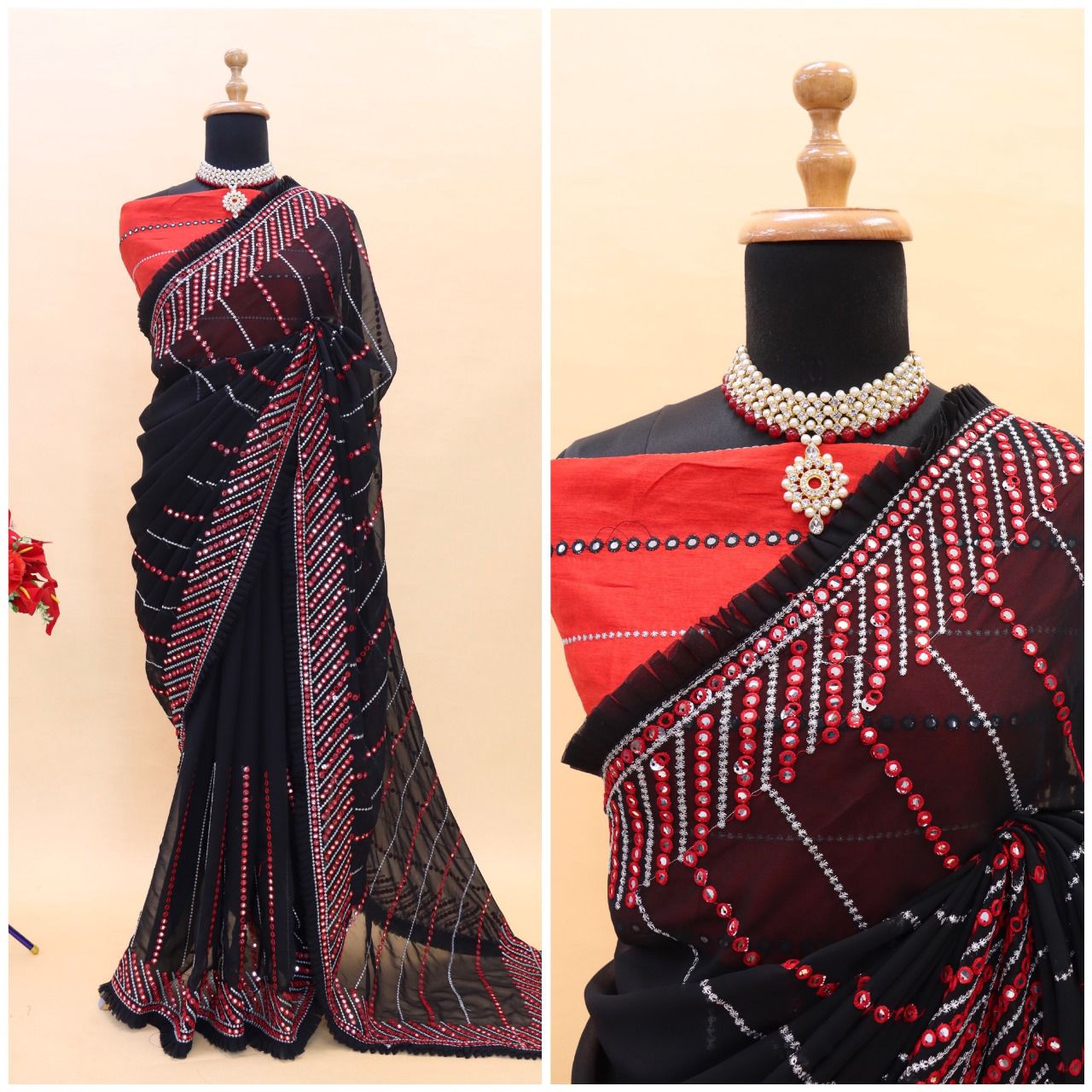

Organize Your Closets: Start by decluttering your closets and organizing your wardrobe, separating items into keep, resell, and donate piles. Focus on keeping pieces made from natural fabrics like linen or organic cotton
Change Your Shopping Habits: Shift your perspective from want to need to reduce impulsive shopping. Invest in timeless pieces that you can wear frequently rather than splurging on occasional items. Apply the “30-wear test” before making a purchase to ensure its longevity in your wardrobe
Research Before You Buy: Educate yourself on sustainable fashion brands and their practices. Look for organic fabrics like organic cotton, linen, wool, hemp, and peace silk when shopping to avoid harmful chemicals commonly found in mainstream brands
Buy Quality Clothes: opt for high-quality items that last longer, even if they come with a higher price tag. Investing in durable pieces reduces the need for frequent replacements and contributes to a more sustainable wardrobe
Look After Your Clothes: Extend the lifespan of your garments by properly caring for them. Wash clothes less frequently on eco-friendly settings, air dry them instead of using a dryer, and repair minor damages to prevent unnecessary replacements
Choose Sustainable Materials: Prioritize fabrics made from natural, recycled, and environmentally friendly materials like organic cotton with the GOTS label, wool, linen, lyocell, and other natural fibers. Avoid fabrics containing microfibers that can pollute the oceans
Latest Article


Timeless Fashion Pieces Every Woman Should Own




